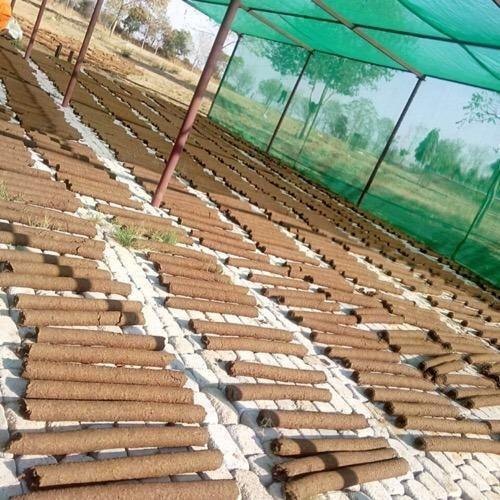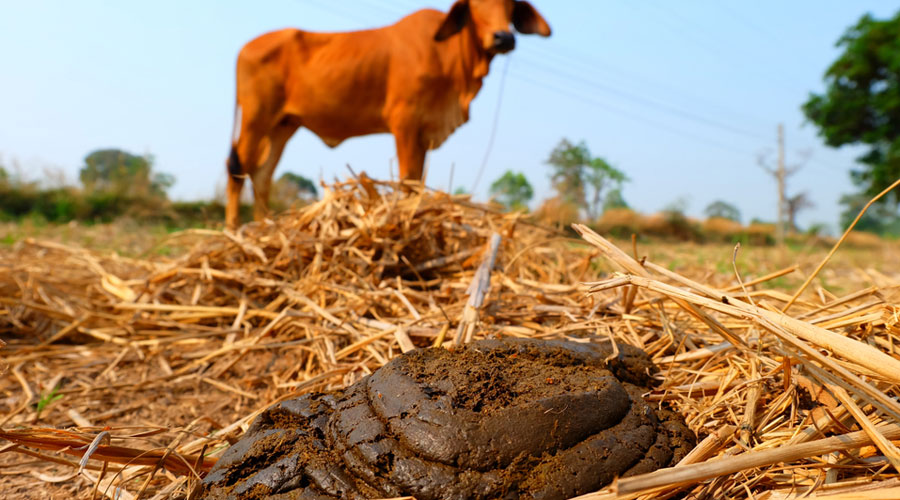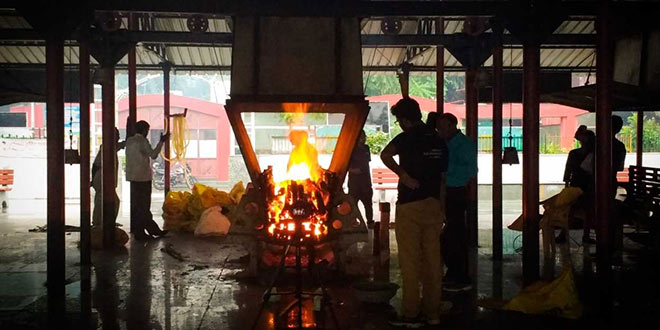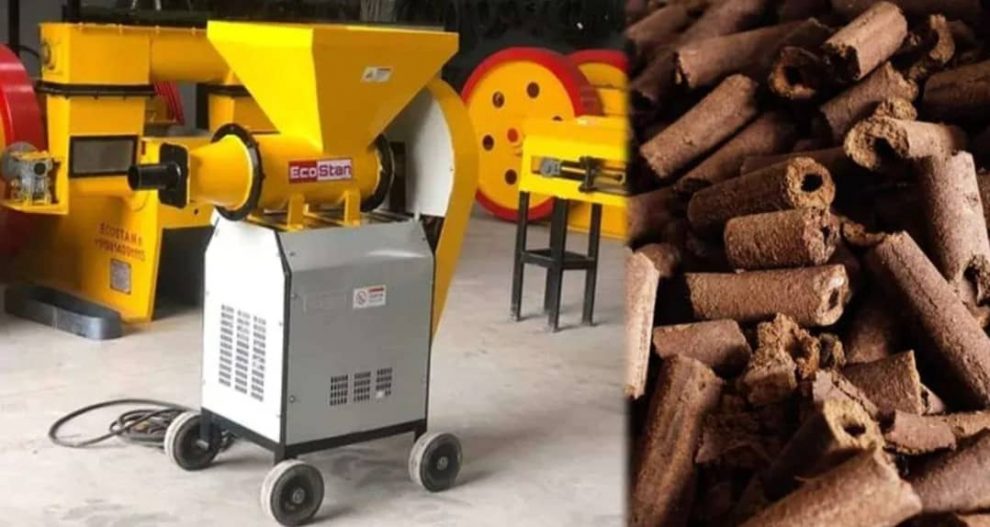MINERVA BC NEWMAN
CEBU CITY — The Rotary Club of Jalandhar, India, Punjab District 3070 with its first lady president, Nupur Sandhu, has embarked on a project that would not only revolutionize cremation in India but also preserve more trees and convert animal dung and wastes into energy source.
“The project is called “Gau Kasht”. Gau Kashts are logs made out of cow dung which can be used for cremations, havans or religious ceremonies, and pooja. In an attempt to check unnecessary felling of trees for cremations, havans and religious ceremonies, the Rotary International has come up with a unique concept of using cow waste as an alternate energy source,” Sandhu told this writer in an exclusive online interview.
Explaining the concept, district president of Rotary International Nupur Sandhu said, Gau Kasht is the log made of cow dung. This will help save the environment as precious trees will be saved while the available cow waste will be put to good use. Protection of the environment is one of the seven focus areas of the Rotary club.
Sandhu bared that ‘Gau Kasht’ is a machine that is installed in or made available in all Gaushala or cow sheds to convert cow dungs into logs and these logs are then sold within the communities, in cremations grounds and in Havans.

She added that one Gau Kasht machine was transported from Madhya Pradesh where this project Gau Kasht is doing very well and it was installed at Sri Sribhuti Gaushala of Sri Radhakrishnan Chaitanya Mahaprabhu Mandir on July 08, 2022. “This is our first machine and it’s working well and was inaugurated by Acharaya Sri Pundrik Goswami from Vrindavan, an Oxford University graduate,” Sandhu said.
Members of the Rotary Club Jalandhar worked day and night for this project, according to Sandhu as they are pioneering on the drive to save the environment by encouraging, capacitating and guiding all the Gaushala owners to install this machine.
This project would make all the Gaushalas self-sufficient because in a month in a city with 23lakh population, a survey said 100 adults are dead and are cremated per month. The body needs five to six Quintal of wood to burn it during the funeral. This means one and a half trees are needed to cremate one person, Sandhu said.
“By using Gau Kasht, which is also considered sacred, we will be able to prevent the 0 trees every month. We only need three quintals of Gau Kasht for the same work, and we are promoting this project to other Cities of the Punjab state, Jammu and Kashmir, and cities of Himachal, which are covered in our Rotary International District 3070. Four clubs and two managers of Gau Shala have contacted us for this project,” she said.
Viability of the Gau Kasht project
According to Nupur Sandhu, a Gau Kasht machine installed in a cow shed costs some INR45,000/-inclusive of GST, Club Presidents of various Rotary Clubs as each does ground work at City level. The machine can cater to 200-250 cows which will give employment to four people per machine.
The stray cows will be given a home, especially those that are not milking anymore and they will be looked after and taken care of well. Ministers have been approached to offer subsidies on this machine, Sandhu added.
This project has to be done by the local City Rotary Clubs, as the machine placement is a one-time investment, Sandhu added that series of seminars are already scheduled and more so for other interested Rotary Clubs of Jalandhar City to guide them from the purchase of the machines, to know how they work and other first-hand experience session.
“This is a life-long project. Once a Gau Kasht machine is installed, it would probably take five to six months to become sustainable. By then we can already see other by-products aside from logs, to organic Havan cups, Divas and others,” Sandhu told this writer.

Goukasht explained as an alternative fuel in India
According to a project brief shared to this writer by Nupur Sandhu, Goukasht is an innovation done by Dr. Yogender Kumar Saxena of Bhopal, a scientist who is also called the Goukhasht Man of India.
Goukhasht means wooden logs made from Gobar (cow dung) and now emerging as an alternative fuel in place of wood. Goukhasht is made by using cow dung that is two days old, mixed with some water before it is put in the machine which compresses the cow dung into the shape of wooden logs.
The logs have a hole in the middle that helps in air passage which helps the logs to burn uniformly. These logs are dried in the sun for four to five days before they can be used primarily for purposes of cremations and Holika Dehan.
The briefer explained that the use of Goukasht has a tremendous positive effect on the environment. Under controlled conditions a comparison was made between Goukhasth and wood, by burning both. It has been found that Goukasht is 35 percent less polluting than wood. The reason for this is the lesser percentage of water in the Goukhasht. Due to higher water content wood does not burn completely, leading to more carbon dioxide emissions.
In the Bhopal Model in the last three years, the briefer reads that they have saved 96,000 quintals of wood on cremations and 48,000 quintals on Holika Dehan, saving approximately 36,000 trees which in turn is worth 180 acres of forests. The benefits of this to the environment are over and above the 35 percent less pollution caused by burning Goukhasht.

Gaukhasht production is also a boon to our cows. A cow produces 10 to 15 kgs of dung daily. Stray cows are being sent to Gaushalas, decongesting roads. Goukhasht sells commercially at a lower price than wood, generating more revenues for the Gaushalas, Saxena wrote.
Using Goukhasht is also beneficial for our society in many ways. Correct usage and disposal of cow dung has improved hygiene and sanitation standards in India. In some places even improved the quality of water and reduced deforestation.

Lastly, expenses on cremations have reduced, as only three quintals of Goukhasht that is cheaper is required in place of four to five quintals of wood. The reason for this is the hole on the logs that ensure circulation of air and uniform combustion of the Goukhasht logs making them more effective, the briefer reads.












